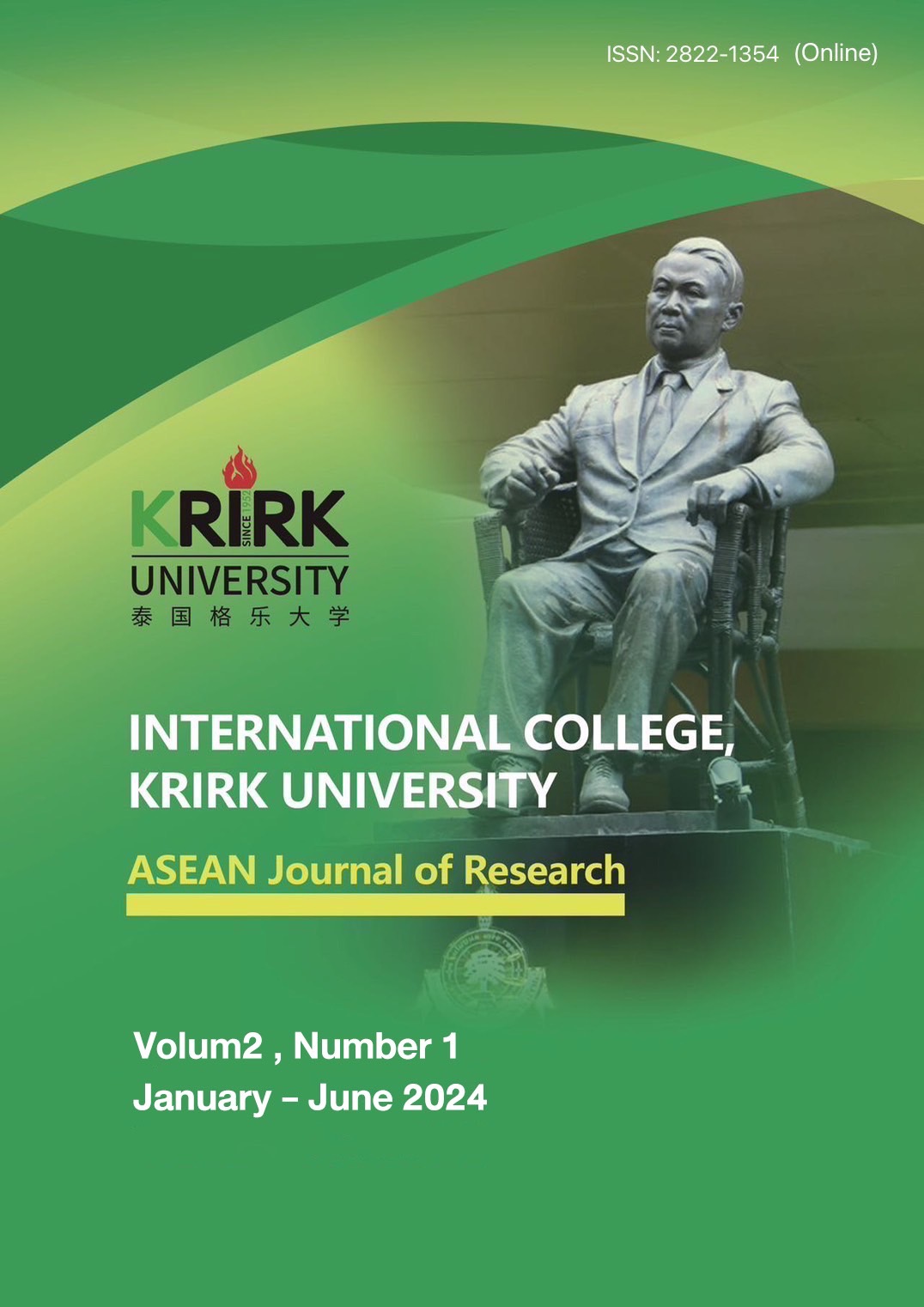Literary Adaptation in Nigerian Modern Drama
Concept, Theory and Significance
Keywords:
adaptation, comparative literature, cultural interplay, modern drama, western textAbstract
Literary adaptation as a concept is giving a new interpretation to an already existing text in a new medium and culture. It engenders transformation and creativity with or without a departure from the original version. Literary and cultural interplay between two texts of different cultural backgrounds often results in duality and conflict when a text is adapted to another culture or genre with or without a departure from the original text. As such, researchers, university scholars, students as well as teachers of literary and cultural studies often seek clarifications between the interplay and the duality in two cultural settings. In contemporary times, playwrights culturally adapt novels to dramas with or without a departure from the original text. This discovery of novels as a source of materials for drama in the 1960s triggered the interest in adaptation of Western texts to African and Nigerian contexts. Although there are previous studies in literary adaptations of Western texts and Nigerian modern drama in the literature, it was observed that the significance of adaptations of Western texts to Nigerian modern drama and the cultural similarities between the adapted text and the source text caused scholars to yearn for more investigation. Consequently, this paper discusses the concept of adaptation as a literary genre in Nigerian modern drama, intertextuality and the drama mode of presentation. It highlights the aesthetics and significance of adaptation as a genre of Nigerian modern drama. The paper employs qualitative research method using Kristeva’s Intertextuality and Iser’s Reader-Response theories as frameworks. Findings reveal that literary adaptation of Western texts plays a significant role in the development of Nigerian modern drama. The study recommends further studies in adaptations of French and English literatures, its socio-cultural influence and interplay with Nigeria sociocultural milieu.
References
Adeoti, G. (2010). Aesthetics of adaptation in contemporary Nigerian drama. Lagos: CBAAC.
Afolayan, K. (2012). “Wole Soyinka’s elegies and the context of performance,” The Performer: Ilorin Journal of the Performing Arts, 14.
Allen, G. (2000). Intertextuality. New York, NY: Routledge.
Baker, M. (Ed.). (2000). Routledge encyclopedia of translation studies. London: Routledge.
Bakhtin, M. (1984). Problems of Destoevsky’s poetics. Minneapolis, MN: University of Minnesota Press.
Balogun, L.I. (2013). “L’intertextualité dans les romans africains francophones: le cas d’en attendant le vote des bêtes sauvages d’Ahmadou Kourouma in French language in Nigeria: Essays in Honour of UFTAN Pacesetters. Benin: UFTAN.
Barthes, R. (1977). “Introduction to the structural analysis of narratives” in Heath, S. ed. Image, music text. Glasgow: Fontana/Collins.
Conteh-Morgan, J. & Olaniyan, T. (Eds.). (2004). African drama and performance. Bloomington, IN: Indiana University Press.
Dasylva, A. (1997). Dramatic literature: A critical source book. Nigeria: Sam Bookman Educational and Communicational Services.
Fayolle, R. (1978). La critique. Paris: Librairie Armand Colin.
Hutcheon, L. (2006). Theory of adaptation, New York, NY: Routledge.
Iser, W. (1978). The act of reading: A theory of aesthetic response. London: Routledge and Kegan Paul.
Jeyifo, B. (Ed.). (1985). Contemporary Nigerian literature: A retrospective and prospective exploration. Lagos: A Nigeria Magazine Publication.
Johnson, M.A. (1984). “Translation and adaptation,” Meta: Translators’ Journal, 29(4), 421-5. DOI: 10.7202/0003628ar.
Kristeva, J. (1986). Desire in language: A semiotic approach to literature and art. New York, NY: Columbia Press.
Martinez, A.M.J. (1996). “Intertextuality: Origins and development of concept,” Atlantis, 19(1), 268-85.
Mohammed, A.M. (2013). “Reader response theory with phenomenology of reading with the text and the reader as its focal point,” Journal of Humanities and Social Sciences, 8(6), 83-6.
Okwuchukwu, O. (2014). “Novel to film: Analysis of cross-media translation of Dickens’s Great expectations, Golding’s Lord of the flies and Achebe’s Things fall apart,” Ph.D. Thesis, Department of English, University of Lagos.
Oni, D. (2017). Striking expressions: Theatre and culture in national development. Maiduguri: Society of Nigeria Theatre Artists (SONTA).
Owoeye, O. (2008). “Adaptation in modern African drama”, Ph.D. Thesis, Department of English, University of Ado-Ekiti, Nigeria.
Rohou, J. (1996). L’histoire littéraire : Objets et méthodes. Paris: Éditions Nathan.
Timothy-Asobele, J.S. (2016a). Introduction à l’imaginaire et à la mythocritique des myhtes de Soundiata, Chaka, Sango, Guéido. Lagos: Upper Standard.
Timothy-Asobele, J.S. (2016b). Translation studies in Africa. Lagos: Promocomms Ltd.
Timothy-Asobele, S.J. (2003). Three Nigerian plays adapted from French novels, Lagos: Printview Publishers.
Tyson, L. (1999). Critical theory today. New York, NY: Garland Publishing Inc.
Downloads
Published
How to Cite
Issue
Section
License
Copyright (c) 2024 ASEAN Journal of Research

This work is licensed under a Creative Commons Attribution-NonCommercial-NoDerivatives 4.0 International License.
The Copyright belongs to the ASEAN Journal of Research




